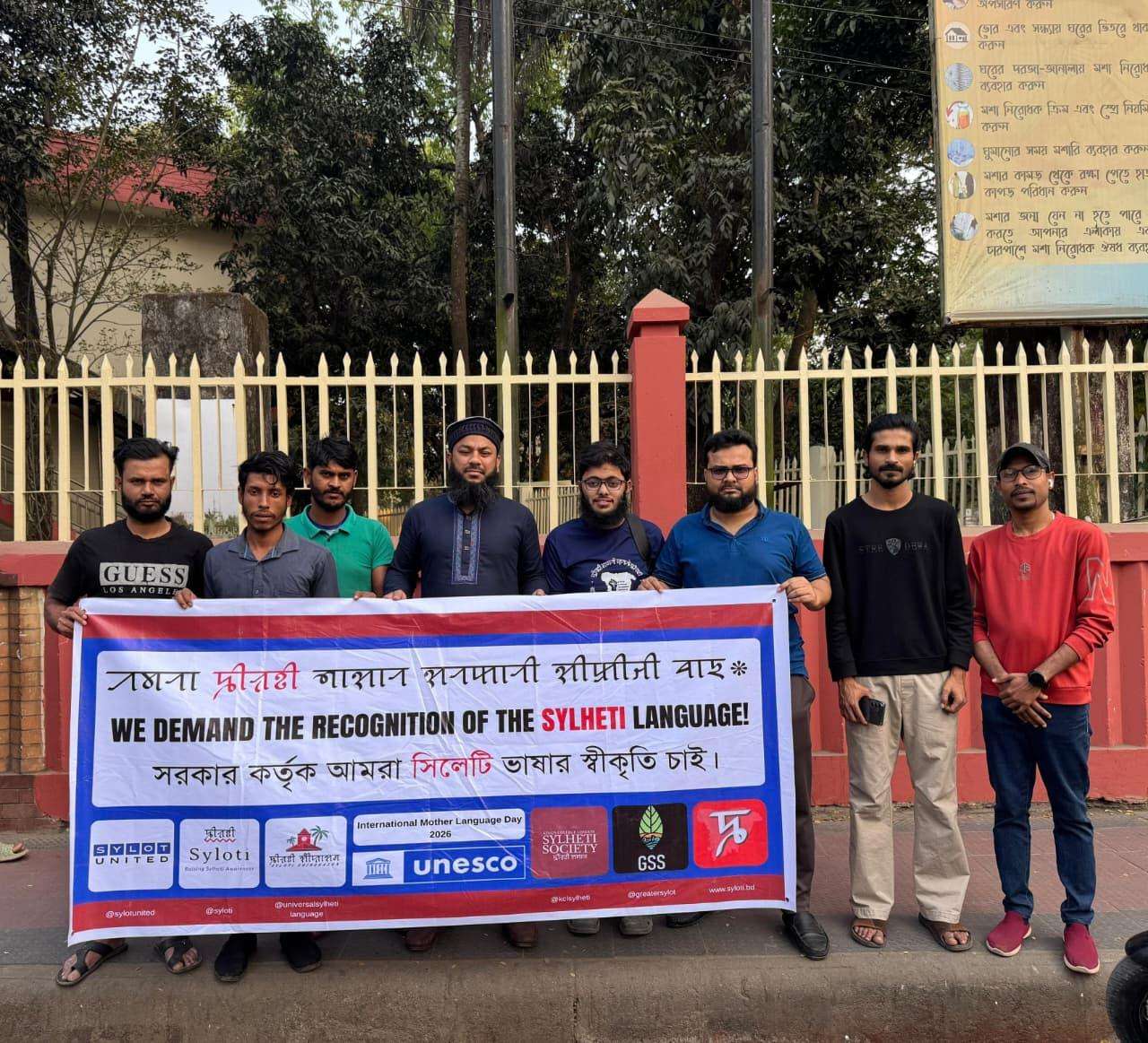The British-Bangladeshi, Indian, and Pakistani communities in Britain started their journey at almost the same time. Yet in British politics, they are many times more advanced than Bangladeshis. From councillors to MPs and ministers, they are many times more advanced than Bangladeshis in terms of numbers and participation.
Tulip Siddiq and Rushanara Ali are the first British Bangladeshi politicians to be appointed to the current British cabinet. Just within five months a minister, Tulip has become the most controversial politician in the Asian community in Britain at the time, throughout the British media.
She failed to declare her income within the due date .Later Tulip's name was involved in corruption related to Russia-Bangladesh. After that, Tulip's ownership was found in expensive flats in London, and there is uncertainty about the ownership of each one.
Before this, Roshnara Ali lost her portfolio on October 20. Housing minister Rushanara Ali loses brief after complaint by Grenfell survivors. Rushanara Ali attended a conference sponsored by one of the firms criticized by the inquiry into the Grenfell Tower fire. Trusted ties between the government and the Grenfell community are "essential," according to Rushanara Ali, who acknowledged that "perception matters." It happened after, according to The Sunday Times, Grenfell United, an organization that advocates for survivors and grieving families, allegedly sought her removal. Between 2012 and 2024, she regularly attended the Franco-British Colloque, an annual policy meeting co-chaired by Pierre-Andre de Chalendar, the former chairman of Saint-Gobain, according to the publication. Until recently, the French manufacturing company owned the bulk of Celotex, which produced the majority of the flammable insulation utilized behind the building's panels.
Several Bangladeshi-Bangladeshi councillors in Britain have previously made headlines for their involvement in various controversies, including housing fraud. Similar allegations have been made against the Bangladeshi MP for Poplar Limehouse in the past, which she cleared later.
More than 1,200 recipients named New Year Honours List this year across all sectors, but not including any single British Bangladeshi. In other years, several British Bangladeshis have made it to the list every year. The fact that not a single Bangladeshi has made it to the list this year has sparked debate in the British Bangladeshi community.
2.
In most areas, our politicians do not stand by the community except during election season. Many who were elected as councillors or MPs in Labour's safe seats on reserve votes became arrogant and disconnected from their voters after the election. The wall of arrogance became the reason for their distance from voters.
I have been writing for many years about how Bangladeshi politicians are an obstacle to the rise of one of others in British politics. Our lack of unity, our tendency to revenge, is holding us back. A veteran British Bangladeshi politician from the Tower Hamlets Labour Party, who this time had a chance to be an MP for the new seat of Stratford and Bow, was busy figuring out how to prevent Apsana Begum from getting the Labour Party nomination. Their negativity, corruption, and controversy do more to humiliate and embarrass than to honor the huge Bangladeshi community of about 1.5 million people in Britain.
It is not that white politicians in Britain are not corrupt. But in many areas, the British media is not as active in exposing the corruption of politicians from other ethnic minority communities as it is in the case of white British politicians. Admitting that truth, our politicians should be more vigilant and transparent. Their politics should bring respect to the community, not shame.
--
Author- Professional Journalist and political analyst.
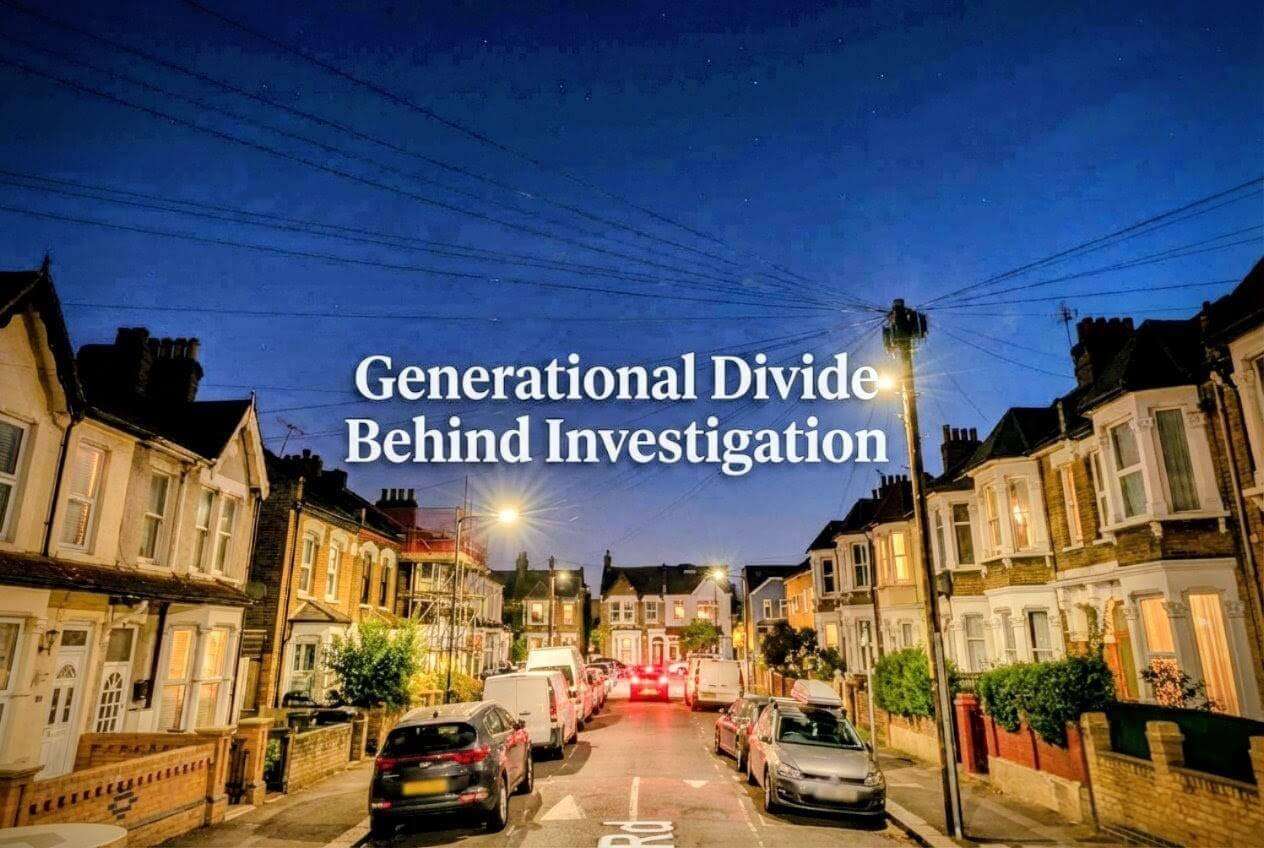
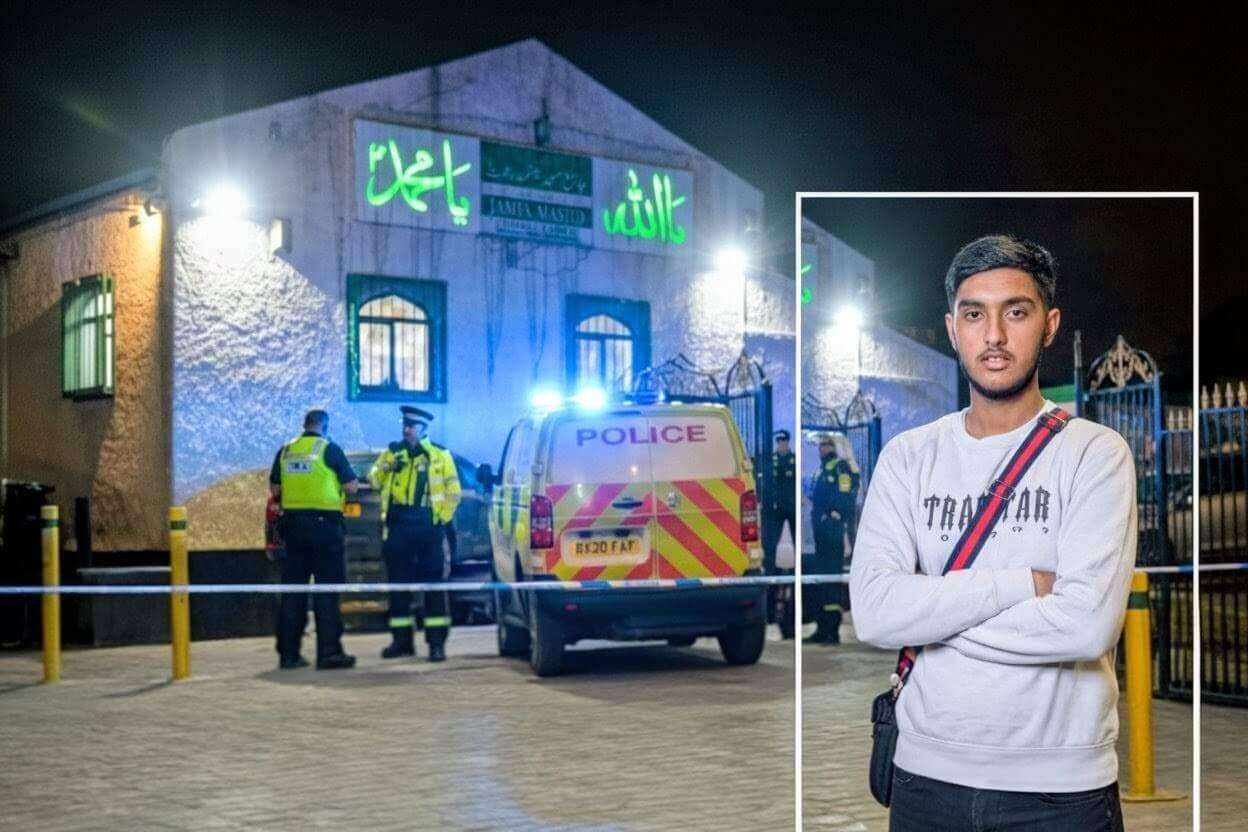
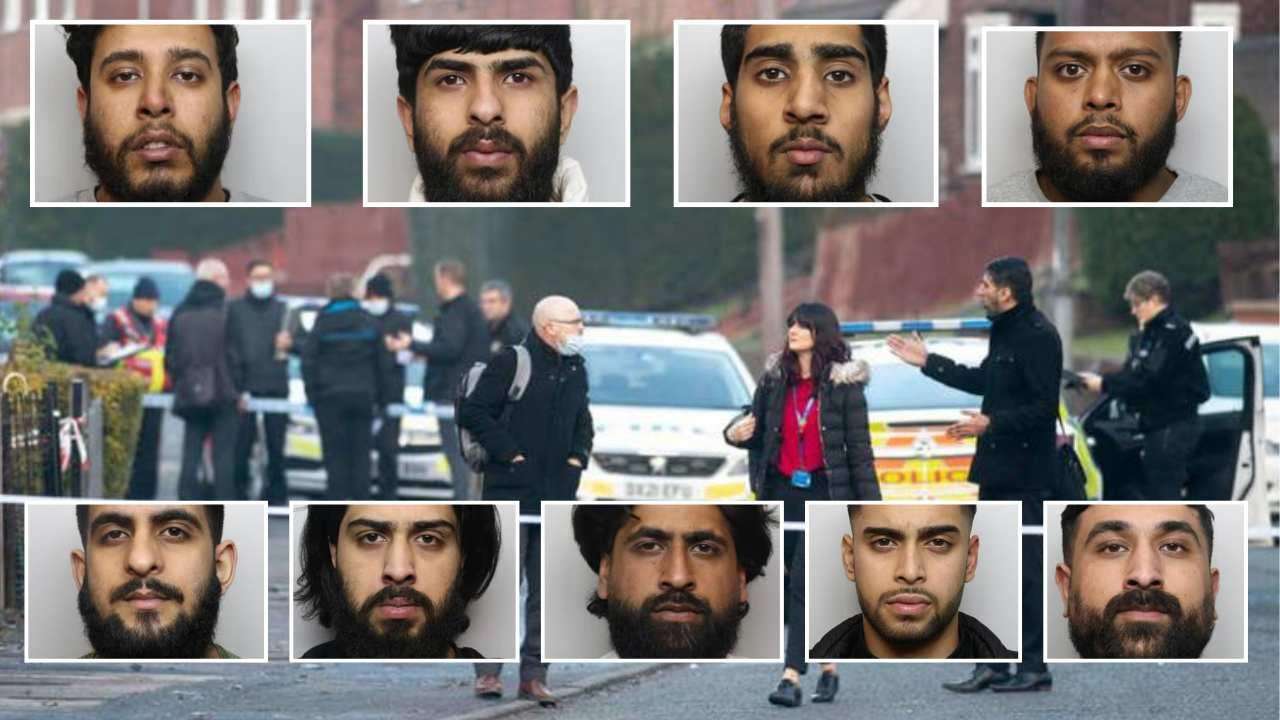
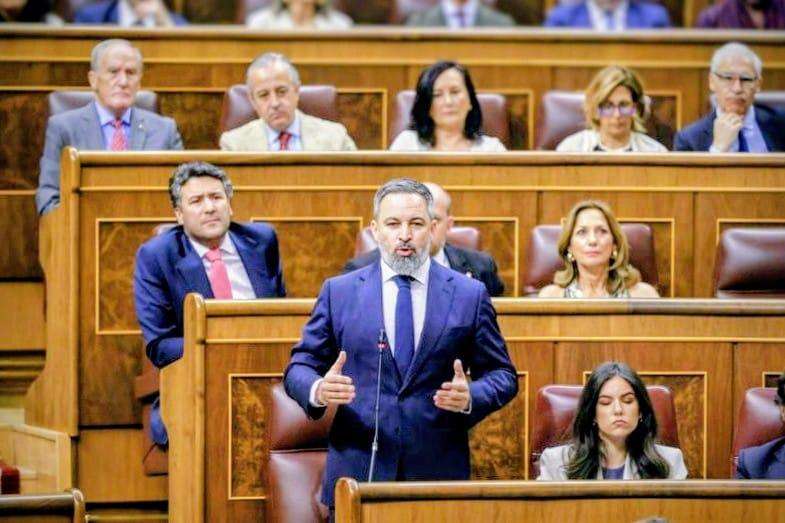
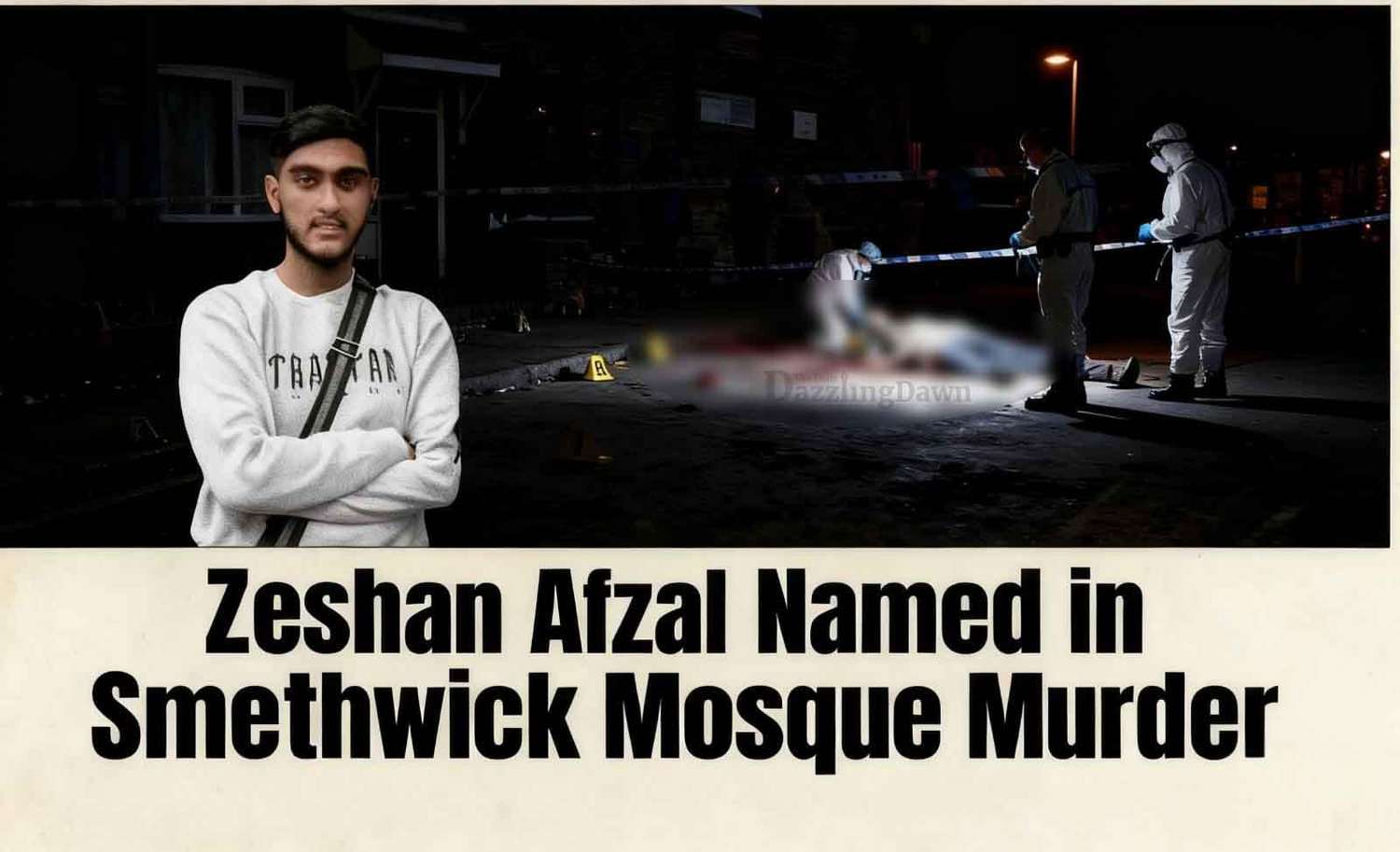

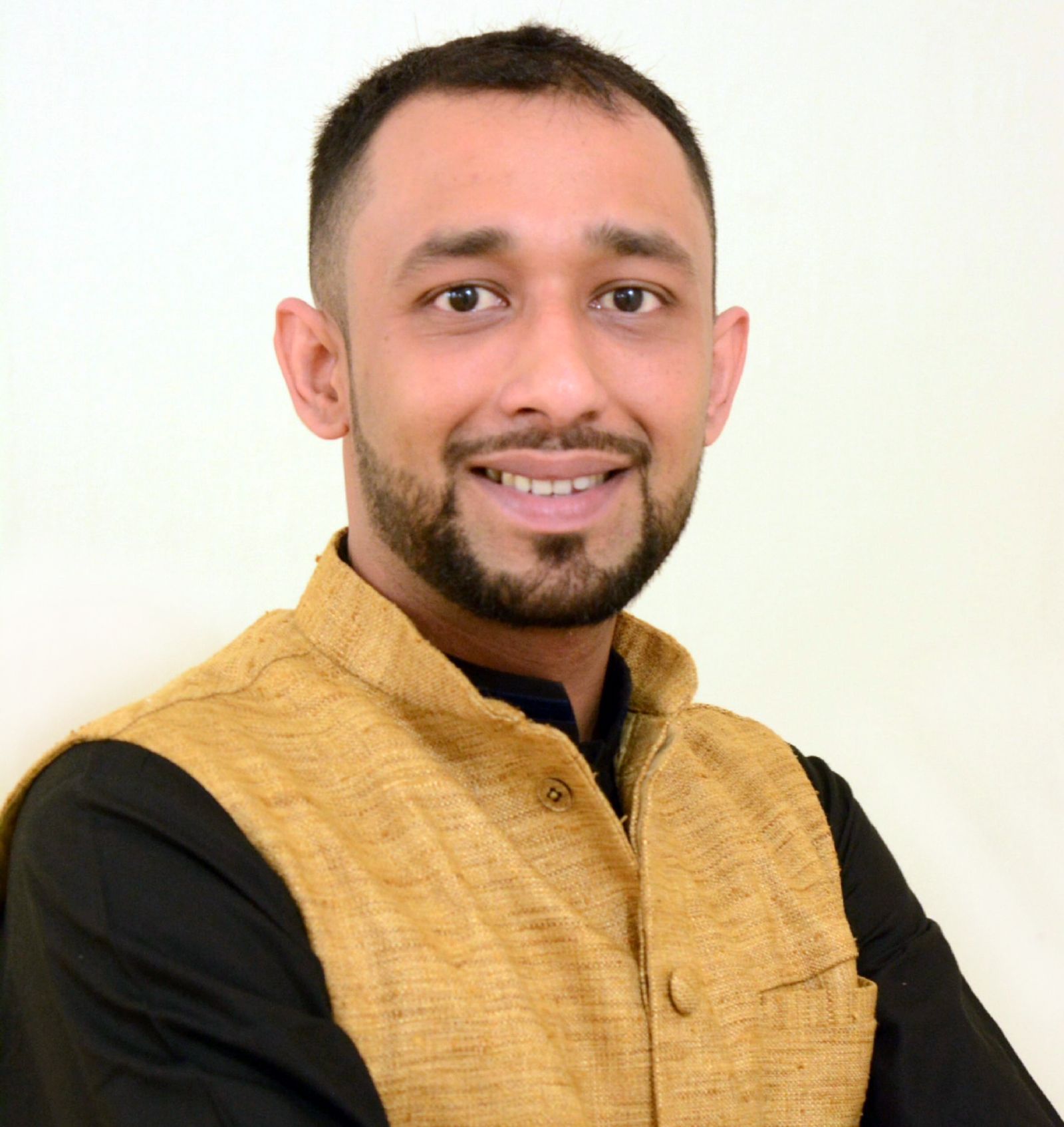
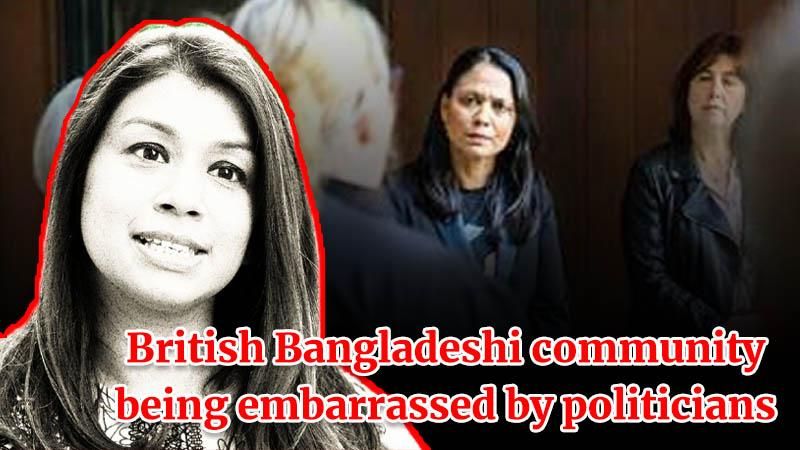
.svg)

